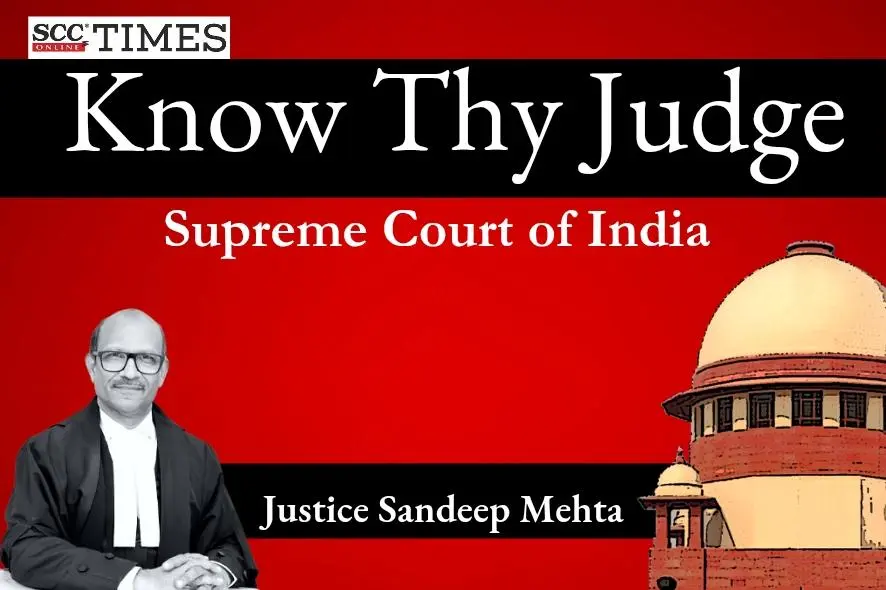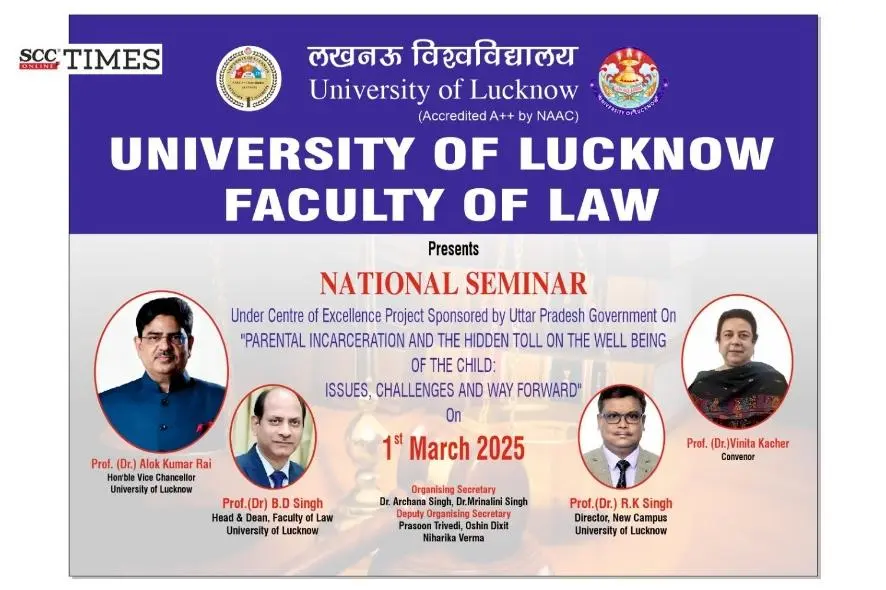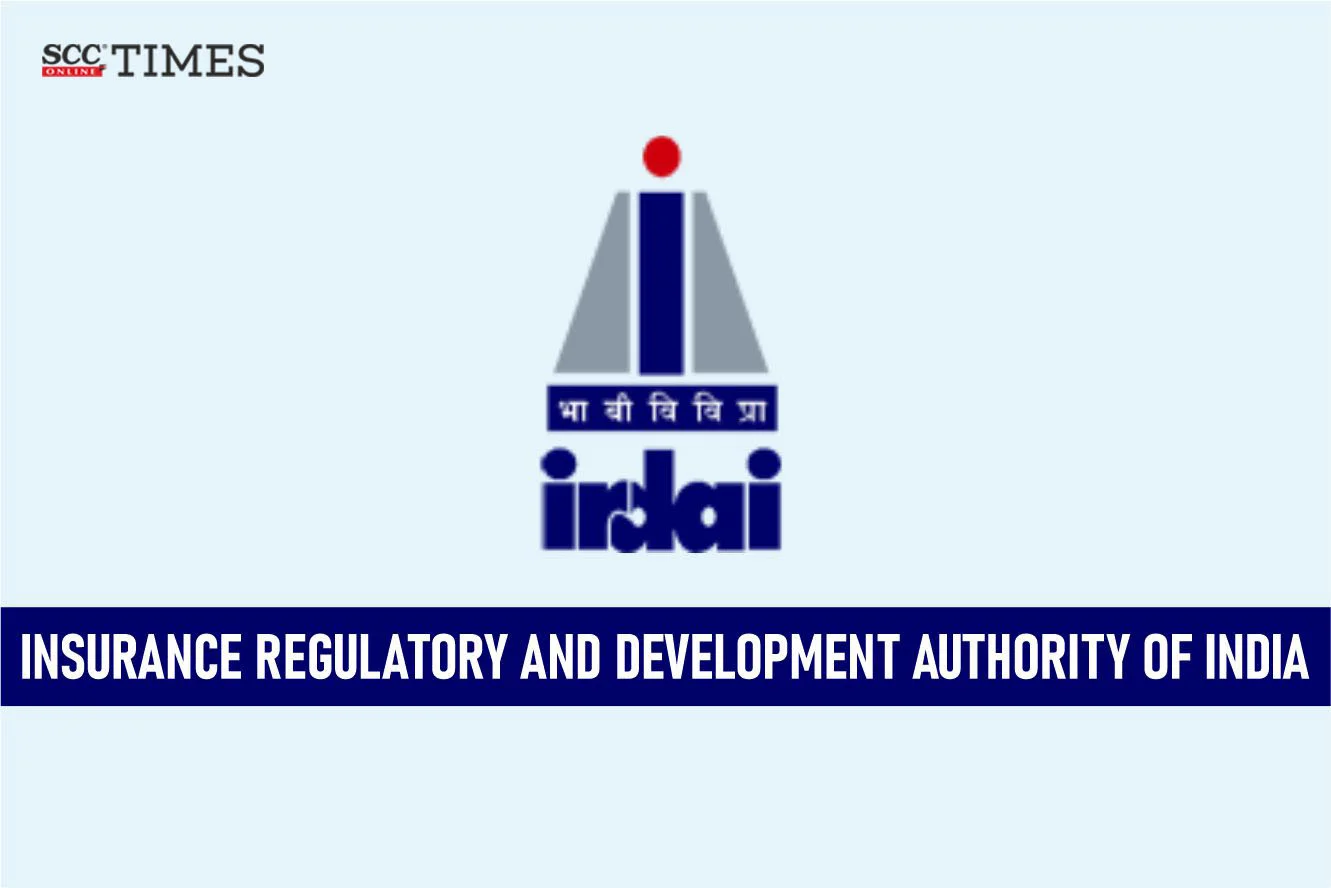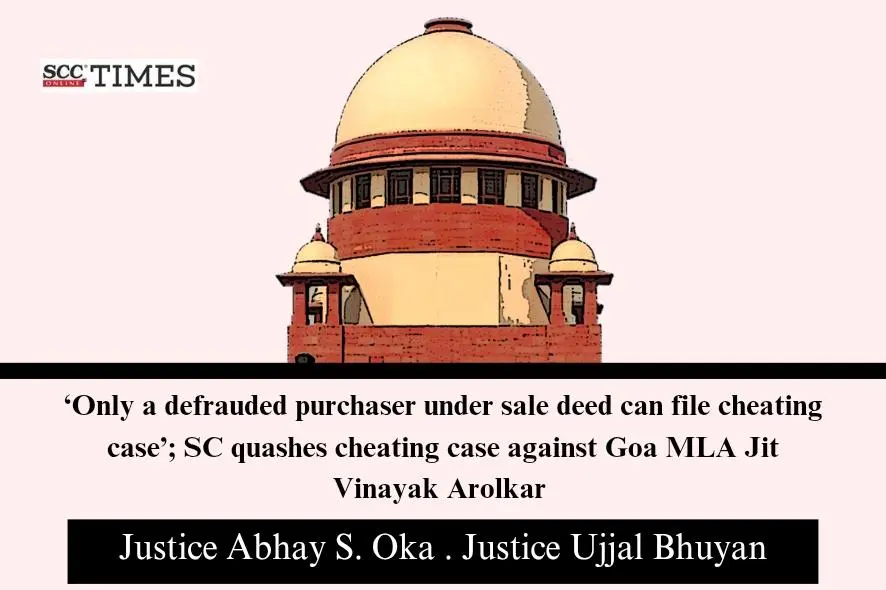Delhi High Court: While stating the well-settled law that even when an appellate Court affirms the order of the Court below, it has to adjudicate on the issues which arise in the appeal, Subramonium Prasad, J., emphasized why reasons laid down in a judgment are essential and in view of that referred to certain decisions of the Supreme Court.
Present matter was directed against the decision of Additional Sessions Judge arising out of the order passed by Metropolitan Magistrate.
The Metropolitan Magistrate had dismissed the petition filed under Section 12 of the Domestic Violence Act on the ground of non-prosecution. Further, the MM had also issued notice to the Deputy Director, Directorate General of All India Radio to furnish details of empanelment of the petitioner along with other details in order to determine the maintenance.
Additional Sessions Judge heard the appeal under Section 29 of the DV Act.
Under Section 29 of the DV Act, an appeal is maintainable against an order passed by the Magistrate on both law and facts.
“…reasons are the live links between the mind of the decision taker to the controversies in decision and the decision or conclusion arrived at. An order sans reasons takes away a very valuable right of a litigant – to challenge that order.”
Supreme Court’s decision in CCT v. Shukla & Bros., (2010) 4 SCC 785 was also referred wherein it was observed that,
“…Court has consistently taken the view that recording of reasons is an essential feature of dispensation of justice. A litigant who approaches the court with any grievance in accordance with law is entitled to know the reasons for grant or rejection of his prayer. Reasons are the soul of orders…”
“…A judgment without reasons causes prejudice to the person against whom it is pronounced, as that litigant is unable to know the ground which weighed with the court in rejecting his claim and also causes impediments in his taking adequate and appropriate grounds before the higher court in the event of challenge to that judgment…”
Supreme Court’s decision in State of Orissa v. Dhaniram Luhar, (2004) 5 SCC 568 was also referred to.
Bench held that the impugned order was completely bereft of any reasons.
Duty of the Appellate Court is to see whether the Metropolitan Magistrate had considered the claim of the petitioner on merits and what are the reasons given by the Metropolitan Magistrate to reject the claim.
High Court while setting aside the order of the Additional Sessions Judge remanded the matter back to the ADJ for consideration. [BSR v. PSR, 2021 SCC OnLine Del 4789, decided on 21-10-2021]











